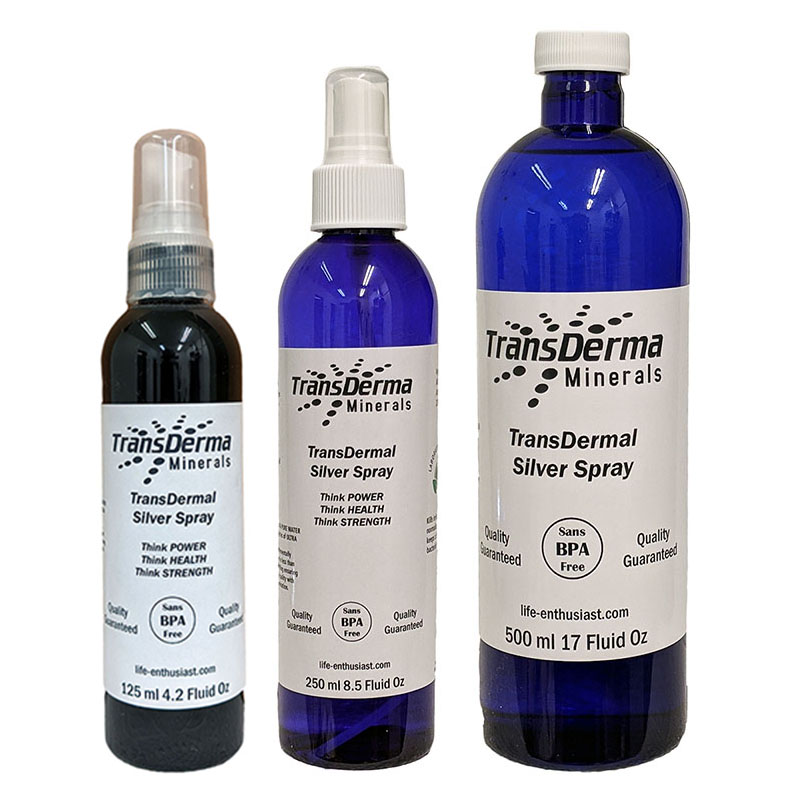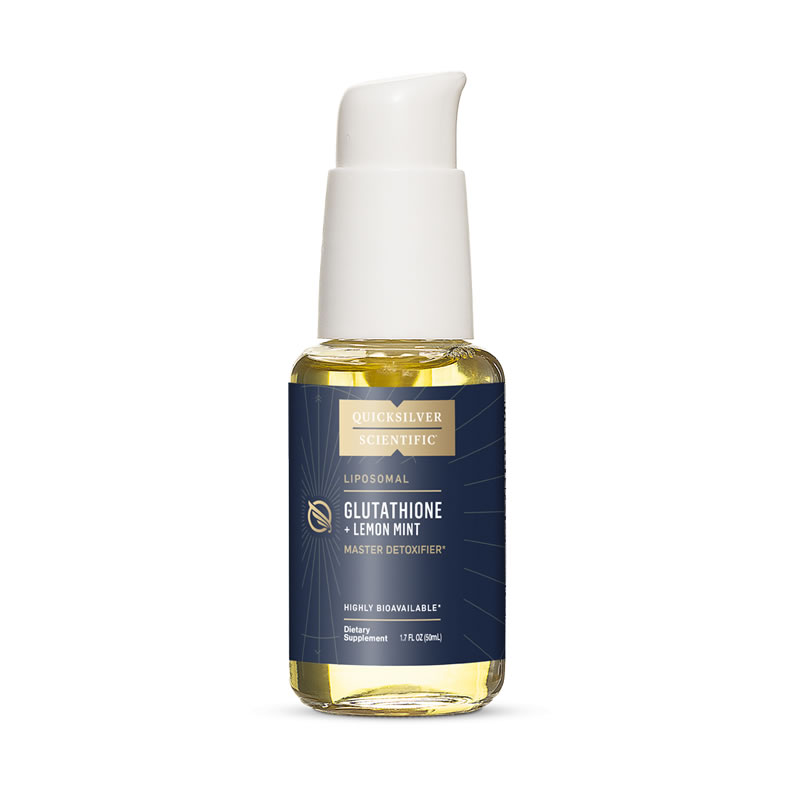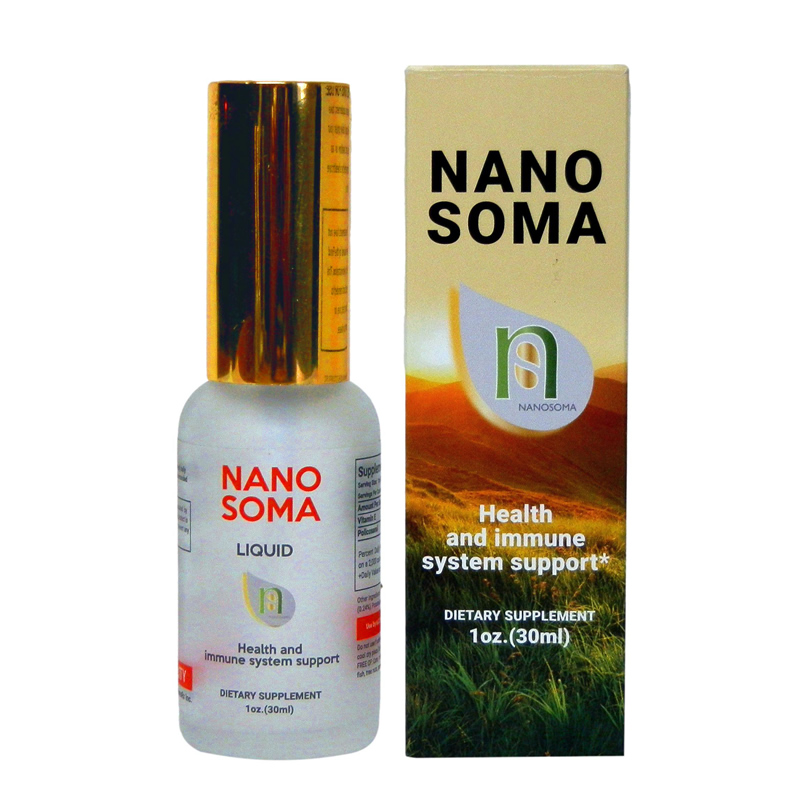No products in the cart.
Tulsi (Holy Basil, Ocimum sanctum)
Traditional medicine recognizes so many different herbal remedies. Even though they have been used for centuries in places like China or India, they have been making their way into western medicine rather slowly, and usually, modern medicine requires a lot of convincing scientific evidence. We briefly mentioned Tulsi in our post about herbal tisanes, but there is so much more to learn about this potent herb!
Tulsi has been known to relieve symptoms of the common cold, headaches, asthma, fever, joint pain, digestive issues, stomach aches, hiccups, skin conditions, insect bites, toxic poisoning (arsenic and mercury), and even histamine related issues and infections like malaria. It has antimicrobial, antioxidant, anti-inflammatory, anti-diabetic, anti-asthmatic, anti-depressant, anti-coagulative (prevents blood clotting), anti-stress, and adaptogenic properties. That is a lot of big words for one small green herb! Are these statements actually supported by science?
THE HISTORY OF TULSI
I first learned about Tulsi from Leanne Vogel at Healthful Pursuit, and as a tea lover, I immediately bought some to try. I really enjoyed the flavor (it is really delicious in the Sweet Rose blend!), and I got curious about what this herb has to offer healthwise. Holy Basil (Ocimum sanctum), more often called by its Sanskrit name Tulsi, is not new in the natural health sphere. It originates in Asia, where it has been grown and worshiped as a holy plant for over 3,000 years. Often referred to as Queen of Herbs or Elixir of Life, Tulsi is considered a sacred plant in India. According to a Hindu legend, the name Tulsi originates from a goddess named Tulasi, one of Krishna’s eternal consorts. Tulasi appears in the form of a plant, symbolizing purity and divine protection. Indians have grown Tulsi in their homes or gardens for centuries. The name Holy Basil appeared after it became a traded commodity with Europe. Its green or purple leaves have a strong aroma. It is widely used in Ayurvedic (ancient Indian) medicine. Tulsi is used traditionally in a few different forms – as herbal tea, dried powder, fresh leaf, or mixed with ghee. You can also get your hands on tulsi oil, or spice blends containing tulsi as one of the ingredients.
TULSI AS AN ADAPTOGEN
Tulsi is considered an adaptogenic herb. Adaptogens are agents that help our body to cope with stress, reduce the negative impacts caused by pollution, emotional and mental stress, as well as physical stress, poor lifestyle and eating habits, and disease. Adaptogenic herbs are able to rejuvenate and restore balance in our bodies and strengthen our immunity and ability to handle stress, both acute and chronic. Tulsi is able to relieve anxiety and stress naturally, by decreasing the levels of stress hormones that are pumped throughout the body during the fight-or-flight response of our nervous system and bring our bodies back into rest-repair-and-digest mode.
Tulsi helps to reverse high cholesterol levels, stomach ulcers, acidity, memory loss, mood swings, and other conditions linked to stress. It is also able to balance stress hormones and boost the immune system, support healthy thyroid and adrenal function, and improve sleep. Tulsi contains a unique combination of anti-oxidant, anti-inflammatory, and anti-microbial agents that combine their power to help us adapt to the wide range of physical, emotional and lifestyle-related stress. It is very helpful when dealing with travel related stress, so if you travel a lot for work, consider adding a cup of Tulsi tea to your daily regimen. Tulsi also helps us to cope with heavy metal toxicity, especially with chromium and mercury.
TULSI FOR THE SKIN AND MOUTH
Thanks to its antimicrobial properties, Tulsi is very powerful when used topically. A team of researchers in Thailand used Tulsi as a remedy to treat bacterial acne, using a 3% concentration of Tulsi oil. The primary compound of Tulsi oil is eugenol, the same powerful active ingredient present in clove oil, which is known for its powerful antimicrobial properties and is widely used in skincare. If you suffer from non-hormonal, bacteria caused acne, eczema, or any skin irritation, try adding a few drops of clove and tulsi oil to your carrier oil for oil cleansing. When combined with easy-to-absorb oils like olive oil, jojoba oil, or hemp seed oil, holy basil oil can be used as an effective treatment for bacterial and fungal infections. Tulsi hydrosol makes a wonderful face tonic. More beauty benefits and uses of Tulsi can be found here. Chewing Tulsi leaves, drinking Tulsi tea and oral use of this herb in general can improve the health of your mouth, teeth, and gums. It is effective against dental plaque and periodontal pathogens. Use Tulsi tea as mouthwash, or add Tulsi leaves to your homemade toothpaste (or just chew the raw leaves instead of sugar-loaded gum).
TULSI AND BLOOD SUGAR
Holy basil can reduce blood glucose in non-insulin dependent diabetics, and helps with weight loss in overweight patients. A German magazine Die Pharmazie published a study showing that Tulsi may have the ability to regulate not just glucose, but also serum cortisol levels, which contributes to its effectiveness in managing hypoglycemic symptoms. In 1996, researchers from Azad University of Agriculture and Technology in India studied the effects of holy basil leaves on diabetic rats, and they encountered amazing results. They measured a 17.6% reduction in fasting glucose levels compared to a control group, and cholesterol levels were decreased as well in subjects using Tulsi. In 2002, the Journal of Ethnopharmacology published a study proving that holy basil leaves decreased glucose by more than 36% in normal, and by 18% in diabetic rats. There are also studies on humans evaluating the safety and effectiveness of using Tulsi to treat different conditions, though these are relatively new and not large-scale, so further research is required.
TULSI AND CANCER PREVENTION
In addition to being rich in phytonutrients, Tulsi also contains vitamins A and C, phosphorus, and iron. And being a very powerful antioxidant, it actually has some cancer-preventing properties. The Nutrition and Cancer journal published a study showing that Tulsi has significant anti-inflammatory and immune-boosting properties, protecting our vital organs, helping to prevent chemically induced cancers like skin, liver, oral, and lung cancer. The antioxidant activity in Tulsi can alter healthy gene expression, induce cancer cell death, and prevent damaged cells from multiplying. Tulsi also helps to prevent radiation-induced DNA damage. In other words, Tulsi doesn’t just kill cancerous cells, but also protects the body from the negative effects of cancer treatments. Increased antioxidant activity also means slower aging of our cells, which is yet another benefit. Cancer cells are damaged cells, so keeping our bodies fit and healthy on a cellular level is a key to cancer prevention.
OTHER BENEFITS AND USES
Tulsi oil has anti-ulcerogenic effects, and also an antagonistic effect on histamine-induced ulcers. It also inhibits leukocyte migration linked to an inflammatory stimulus. Compounds present in Tulsi like eugenol, carvacrol, and ursolic acid all have anti-inflammatory properties. Antioxidants in Holy Basil neutralize free radicals that can damage our cells and tissues, and we need this protection every day. The Standard American Diet is generally poor in nutrients and antioxidants, so drinking a cup of Tulsi tea a day might be a great start. Drinking soothing, delicious, warm tea has calming effects on its own, and if you add all the adaptogenic superpowers to the mix, you can do so much for your body without actually doing that much.
Tulsi tea is naturally caffeine free, so replacing your morning coffee with Holy Basil tea is a great idea. You will get the benefit of a warm morning beverage without the jitteriness coffee may cause (read here why caffeine might not be your friend). Tulsi is rich in natural essential oils, so it smells and tastes amazing, and Tulsi oil can be a great addition to your aromatherapy collection. You can purchase a loose or bagged tea in stores near you, or order them online. I always choose Organic India brand, as they grow organically and sustainably. My absolute favorite is the Sweet Rose blend (this one is lightly sweetened with stevia), but I also keep a box of plain Original Tulsi in my pantry. These vegetarian capsules filled with dried Tulsi leaves are a more concentrated option you can use to take the Holy Basil benefits to a whole new level. Calm your mind with a steaming cup and support your overall health with every soothing sip!







